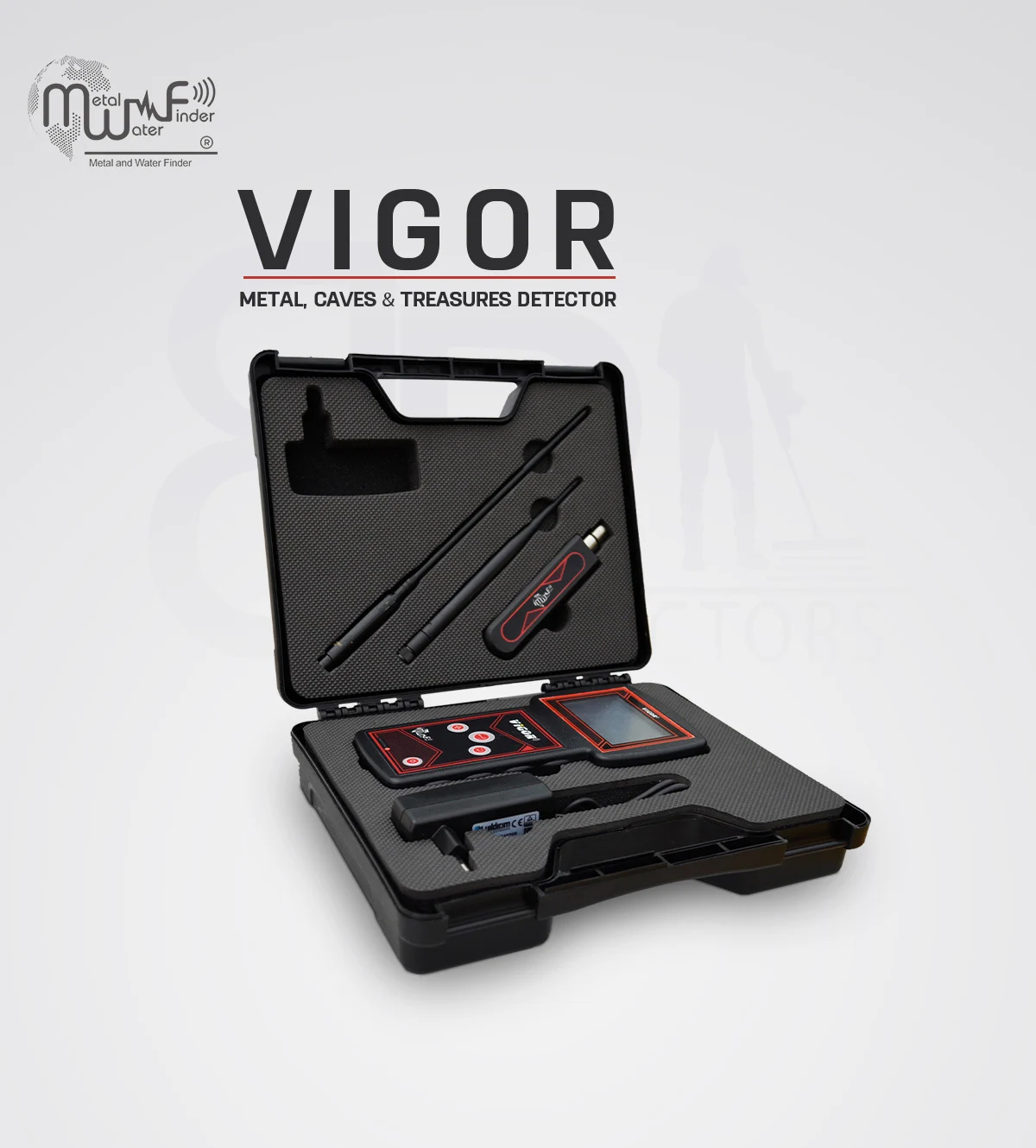Running a fast-paced, growing team isn’t easy. Between client follow-ups, project deadlines, internal meetings, and outreach campaigns, the daily to-do list can spiral out of control. That’s why the question, “What CRM is best for busy teams?” is more important now than ever.
Having worked closely with teams in sales, marketing, customer support, and project management over the last decade, I’ve learned one thing: a good CRM (Customer Relationship Management) system isn’t just a “nice-to-have”—it’s the beating heart of a productive, well-organized team. But not just any CRM will do. Busy teams need a platform that doesn’t just manage customer data but also acts as robust CRM and scheduling software—a system that makes it easier to stay on top of meetings, tasks, and follow-ups without dropping the ball.
Let’s dive into what makes a CRM ideal for fast-moving teams and which platforms actually deliver on those needs.
Why Busy Teams Need the Right CRM
The modern work environment is packed with moving parts. Clients expect instant responses. Sales reps juggle dozens of leads at different stages. Managers need visibility into everything—without micromanaging. In this kind of environment, a traditional spreadsheet or disconnected software stack simply doesn’t cut it.
A CRM brings structure. But more importantly, when it’s integrated with scheduling software, it becomes a command center for communication, timelines, and accountability. Whether it’s a client call, a demo, or a reminder to follow up on an invoice, the CRM must handle it all seamlessly—without making the user feel like they need a degree in software engineering to operate it.
Busy teams don’t have time for friction. They need automation, clear dashboards, and tools that think a few steps ahead.
What Features Should You Look for in a CRM for Busy Teams?
If you’ve ever trialed CRMs before, you know the features can be overwhelming. But for teams constantly on the move, these are the essential elements that separate a mediocre CRM from a mission-critical one.
1. Seamless Scheduling Capabilities
This isn’t just about calendar sync. You need a CRM that integrates with calendars, allows booking links, sends automatic reminders, and tracks meeting outcomes. Teams shouldn’t have to bounce between apps just to set a meeting or track availability.
2. Custom Workflow Automation
A CRM should reduce manual tasks. Automating lead nurturing, assigning tasks, triggering reminders, and updating pipeline stages saves precious time every day.
3. Real-Time Collaboration Tools
Busy teams need to collaborate in the CRM itself—adding notes, tagging teammates, assigning follow-ups, or sharing customer history.
4. Cross-Platform Sync
Today’s teams aren’t always desk-bound. A mobile-friendly CRM is crucial, ensuring team members can check appointments, make updates, or follow up with clients on the go.
5. Reporting That Makes Sense
Complex reports are no help to a team in motion. Dashboards should be customizable, easy to interpret, and accessible by role.
6. Integration with Email, Chat, and VoIP
Communication tools should live inside your CRM. That includes syncing emails, logging calls, and even integrating chatbots where needed.
CRM and Scheduling Software: The Perfect Duo
One of the biggest productivity killers for teams is context-switching. Jumping between a CRM and a separate calendar tool or scheduling app introduces room for error, missed deadlines, and duplicated effort.
This is where CRM and scheduling software come together to offer a huge advantage. When your CRM also serves as your scheduling command center, everything becomes streamlined.
Imagine this: a sales rep opens a contact in the CRM and sees the full history of conversations, recent proposals, and upcoming meetings—all in one place. They click “Schedule Meeting,” and the system auto-suggests available times, emails the client, and logs the meeting on both calendars. After the meeting, they log notes, assign a follow-up task to a colleague, and move the deal to the next stage. That’s the power of a unified tool.
Tools like HubSpot, Zoho CRM, and Monday Sales CRM are strong examples of this approach. They bring CRM functionality together with built-in scheduling and task management, cutting down the need for third-party tools and boosting accountability.
The Best CRM Options for Busy Teams (With Scheduling in Mind)
Now, let’s talk about actual solutions. Based on hands-on experience, feedback from clients, and comparison across multiple teams, these CRMs stand out:
HubSpot CRM
Why it works: HubSpot’s free CRM is already powerful, but its Sales and Marketing hubs take things up a notch. The integrated meeting scheduler lets you create booking links, embed them in emails, and sync directly with your calendar. Its automation features are intuitive and powerful, making it a great fit for teams that want to save time without sacrificing personalization.
Ideal for: Small to mid-sized teams that want an all-in-one platform that scales.
Zoho CRM
Why it works: Zoho balances affordability with a wide range of features. Its integrated calendar, appointment scheduling, and workflow builder are a hit for time-crunched teams. Zoho also has great mobile apps, and it integrates beautifully with Zoho Projects, Zoho Mail, and third-party apps.
Ideal for: Remote teams or businesses looking for customizable automation.
Pipedrive
Why it works: Pipedrive is built with salespeople in mind. The visual pipelines make it easy to track where every deal stands. It includes built-in scheduling, activity tracking, and even email automation. It doesn’t try to be everything—just a super-efficient sales assistant.
Ideal for: Sales teams needing fast, visual tools with minimal complexity.
Monday Sales CRM
Why it works: Monday.com has grown from project management to CRM, and its sales version is designed for collaboration. It includes scheduling, dashboards, task automations, and excellent team visibility. For cross-functional teams that handle clients and internal projects, this is a great solution.
Ideal for: Marketing, sales, and service teams working collaboratively.
Salesforce
Why it works: Salesforce is the most powerful CRM on the market, period. Its ecosystem is massive, and it offers deeply customizable scheduling, automation, and reporting. But with great power comes great complexity. For larger teams with a dedicated CRM admin or IT support, Salesforce can be transformational.
Ideal for: Enterprises or scaling startups needing deep customization.
Real-World Success Stories: CRM in Action
I once worked with a fast-growing digital agency juggling more than 40 projects across five account managers. Before switching to a unified CRM and scheduling tool (they chose Monday Sales CRM), every account manager had their own spreadsheet, calendar, and email templates. Clients were double-booked, tasks fell through the cracks, and the leadership team had no clear view of project health.
Once the CRM was in place, everything changed. Meetings were automatically booked. Task reminders triggered as projects progressed. Dashboards showed live progress. Within weeks, they reduced missed meetings by 90% and improved client satisfaction dramatically.
In another example, a SaaS startup used HubSpot to align its sales and marketing teams. With automated scheduling links sent through email sequences, demo bookings increased by 45%—without a single manual calendar check.
These stories aren’t unique—they’re repeatable outcomes when the right CRM is matched with a team’s workflow.
Final Thoughts: Choosing What’s Right for Your Team
There’s no one-size-fits-all CRM. The best tool for your team depends on your size, goals, and existing workflows. But the common thread is this: busy teams thrive when they use CRM and scheduling software that work together, not as separate systems.
If your team is spending more time managing work than doing the actual work, it’s time for a change. Look for a CRM that understands speed, clarity, and automation—and one that makes scheduling effortless.
Take your time with the trial periods, involve your team in the process, and test real use cases before committing. The right CRM won’t just store data—it’ll become your team’s operational backbone.
And in the fast-moving world of business, that backbone is what keeps everything—and everyone—moving forward.




